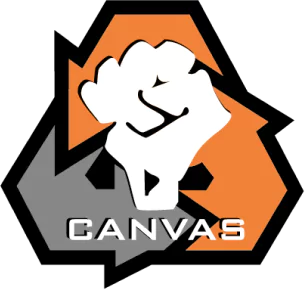Aug 1, 2015-2015
Guatemala
#RenunciaYa Boycott in Guatemala
Share
ACTIVISTS/ACT.GROUPS/DESCRIPTION OF THE GROUP
Youth leaders of #RenunciaYa, Gabriel Wer, Daniel Pascual
TARGET
Perez government
WIDELY HELD BELIEF
Corrupt governmental officials should be removed from office.
CASE NARRATIVE
Issue and Opponent: In the early 1980s, military dictator Montt led the military in committing a massacre against 250,000 indigenous Mayans, leading to high murder and crime rates that plagued the country. The government during this time was extremely corrupt but the public accepted this corruption and violence because they were afraid of the government. Molina, Montt’s former general, became president of Guatemala in January 2012, despite allegations that he participated in the massacre in the 1980s. In April 2015, Guatemalan and international prosecutors issued arrest warrants for people involved in a tax corruption scheme, including the vice president’s secretary.
Dilemma Action: Nine Guatemalan citizens created a Facebook event that invited Guatemalans to call for the resignation of Molina at a protest in Constitution Square in front of the Presidential Palace. The event was titled “RenunciaYa,” which translates to “Resign Already.” 20,000 people showed up to the protest, including a variety of professions and demographics. There was a boycott of businesses that refused to join the strike organized by #RenunciaYa. The boycott was supported by several international food chains, the private sector, indigenous people, ordinary citizens, and religious institutions. Because the boycott was incredibly successful and gained international coverage, the government was forced to choose between allowing it to continue or letting themselves look bad to the international community for allowing their country’s businesses to suffer greatly. Protests continued every Saturday through the summer. Molina denied any involvement in corruption. A three-day non-stop nonviolent action began on August 25. Protestors marched on the capital, staged protests, and gave speeches in an attempt to force Molina to resign. On the last day, universities and businesses shut down.
Outcomes: The vice president resigned on May 8, but Molina remained in office. On September 2, it became obvious that the Guatemalan Congress would strip Molina of his immunity, leading him to resign. Due to the boycott, parliament voted to remove President Otto Pérez Molina’s immunity which resulted in his announcing his resignation. He was arrested on charges of multi-million dollar fraud. A new president was subsequently elected, but #RenunciaYa continued to provide a forum for protests against corruption and injustice in Guatemala.
PRIMARY STRUGGLE/GOAL
NONVIOLENT TACTICS USED
DA TACTICS USED
Public Speeches
CASE NARRATIVE WRITER
SUCCESS METRICS
9 / 12
(CONC) Concessions were made
(EREP) Dilemma action got replicated by other movements
(MC) Media Coverage
(MSYMP) Media coverage was sympathetic to the activists
(OR) Opponent response
(PS) Dilemma action built sympathy with the public
(PUN) Punishment favored the activists
(RF) Dilemma action reduced fear and/or apathy among the activists
(SA) Dilemma action appealed to a broad segment of the public
PART OF A LARGER CAMPAIGN
3 / 3
Activist group continued working together after the action
Encouraged more participants to join the movement
Internally replicated by the same movement
RESOURCES
Project documentation
Dilemma Actions Coding Guidebook
Case study documentation
Dilemma_Actions_Analysis_Dataset
SOURCES
Flores, Walter. 2015. “Youth-Led Anti-Corruption Movement in Post-Conflict Guatemala: ‘Weaving the Future’?” IDS Bulletin. Retrieved July 23, 2023. (https://bulletin.ids.ac.uk/index.php/idsbo/article/view/3048/Online%20article).
Solis Miranda, Regina. 2015. “La Fuerza de las Plazas” Retrieved July 23, 2023. (https://library.fes.de/pdf-files/bueros/fesamcentral/12715.pdf).
Related cases
Jan 19, 2008-2008
Maldives
In 2008, the Maldives were preparing for the first democratic election in 30 years against repressive dictator Maumoon Abdul Gayoom.
Dilemma Action: The oppositi...
/
Aug 9, 2014-2014
India
Issue and Opposition: From 2004 to 2013, food prices in India increased by a staggering 157 percent. The situation became so bad that despite being a leading vegetable...
/
Sep 1, 1980-1990
United Kingdom
Homophobic policing practices in London led to frequent arrests and harassment of gay men in the 1980s and 1990s. Gay behavior was still criminalized, and the conserva...
/
Subscribe to our newsletters to get full access to all materials on our website.

